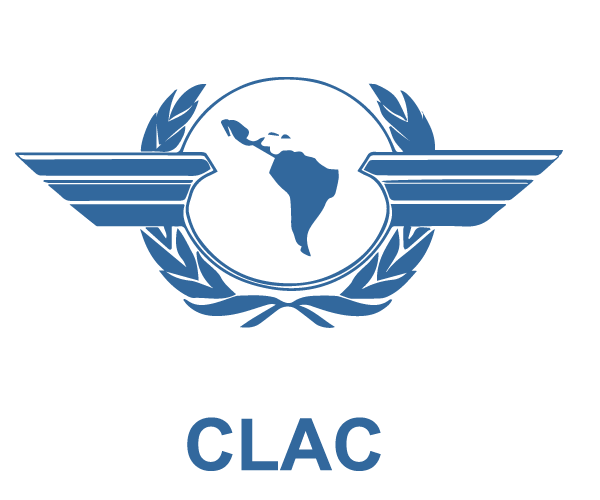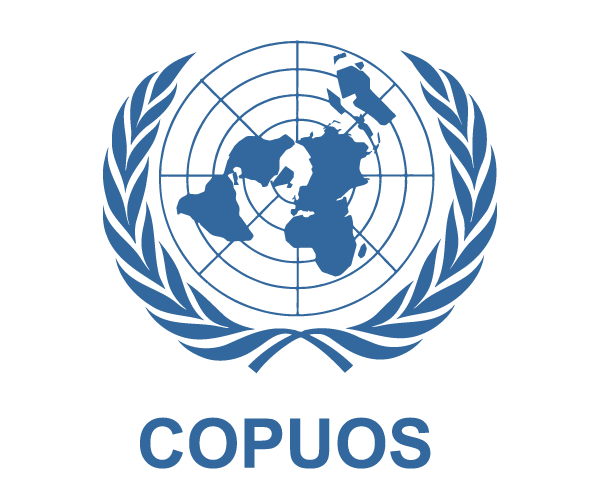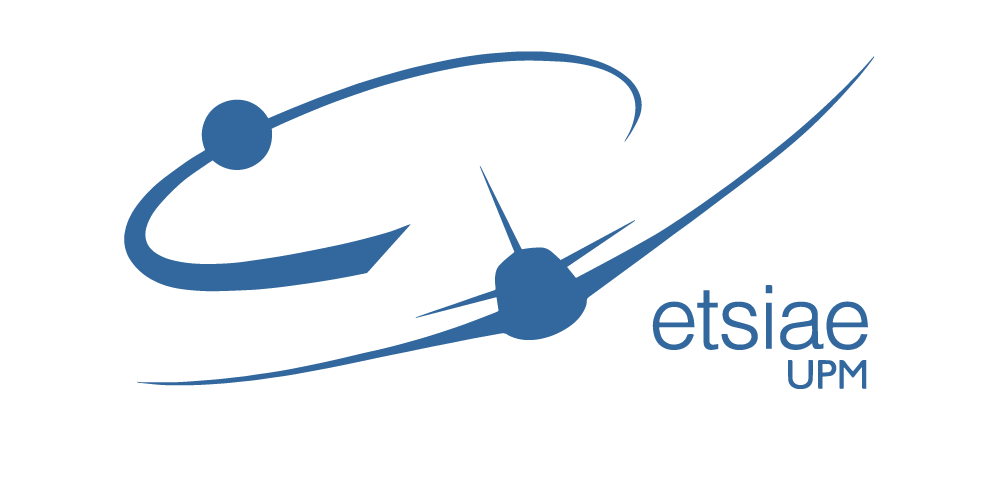ABSTRACT:
“The most pressing reason to preserve dark skies could be the ability to continue making observations of the universe from the Earth. It may seem simple, but urban growth and associated night lighting in the last 50 years have made it impossible to carry out high-level astronomical research in many places in Europe and North America. On a more individual level, this implies that large Presentation portions of the population are very disconnected from what it means to see the night sky and cannot appreciate our place in the universe. However, beyond astronomy, excessive night lighting has biological and ecological implications since it disrupts the life cycles of fauna (including humans); of the fauna, insects, birds and turtles have always used stars to navigate between different territories with the changing of the seasons1”.
In April 2022, the new International Astronomical Union (IAU) Centre for the Protection of Dark and Quiet Sky from Satellite Constellations Interference (CPS) began its operation. Considerable progress has been made in the analysis and initial implementation of mitigating measures…[…]
ABSTRACT:
“La razón más apremiante para preservar los cielos oscuros podría ser la capacidad de continuar observando el Universo desde la Tierra. El crecimiento urbano y la iluminación nocturna asociada, en los últimos 50 años han hecho imposible llevar a cabo investigaciones astronómicas de alto nivel en muchos lugares de Europa y América del Norte. Desde un nivel más individual, esto implica que grandes porciones de la población de están muy desconectadas de lo que significa ver el cielo nocturno y no pueden apreciar cual es nuestro lugar en el universo. Sin embargo, más allá de la astronomía, la iluminación nocturna excesiva tiene implicaciones biológicas y ecológicas, ya que trastorna los ciclos de vida de la fauna (incluidos los humanos); de la fauna, insectos, pájaros y tortugas siempre han utilizado las estrellas para navegar entre distintos territorios con el cambio de las estaciones”.
En abril de 2022, el nuevo Centro para la Protección del Cielo Oscuros y Tranquilo de la Interferencia de Constelaciones de Satélites (CPS) de la Unión Astronómica Internacional (IAU) comenzó a funcionar. Se ha avanzado considerablemente en el análisis e implementación inicial de medidas de mitigación…[…]
KEYWORDS:
#Spacelaw #Protection on Dark Skies #stargazing #astronomy #space sustainable use
PALABRAS CLAVE:
#Derecho espacial #cielososcuros #stargazing#astronomia # uso sostenible de espacio.




 Escríbenos
Escríbenos Canal de Youtube
Canal de Youtube Síguenos en Linkedin
Síguenos en Linkedin